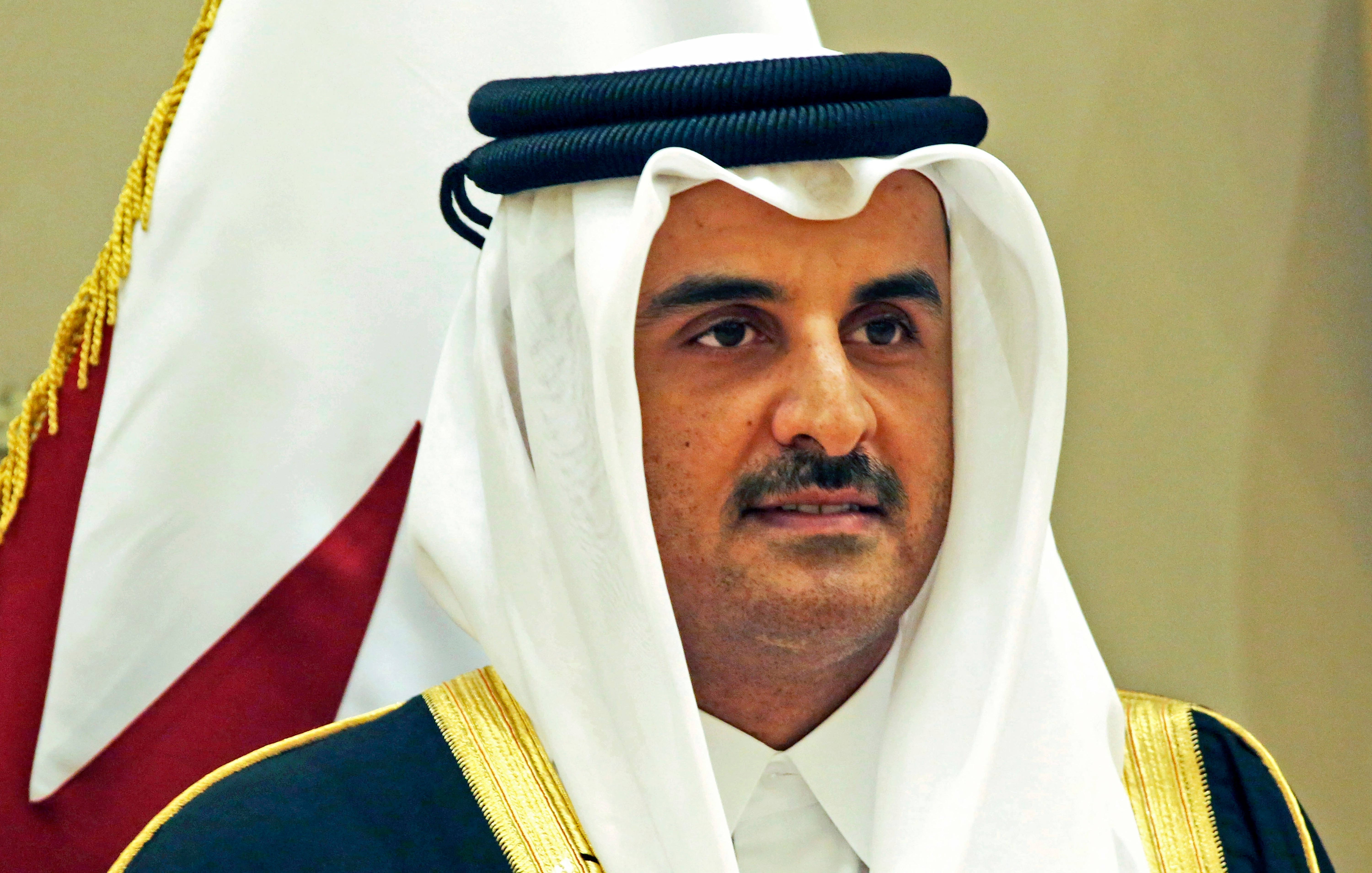Qatar's emir promises Shura Council elections next year
Qatar’s emir has announced that the country will hold long-promised elections for its top advisory panel next year

Your support helps us to tell the story
From reproductive rights to climate change to Big Tech, The Independent is on the ground when the story is developing. Whether it's investigating the financials of Elon Musk's pro-Trump PAC or producing our latest documentary, 'The A Word', which shines a light on the American women fighting for reproductive rights, we know how important it is to parse out the facts from the messaging.
At such a critical moment in US history, we need reporters on the ground. Your donation allows us to keep sending journalists to speak to both sides of the story.
The Independent is trusted by Americans across the entire political spectrum. And unlike many other quality news outlets, we choose not to lock Americans out of our reporting and analysis with paywalls. We believe quality journalism should be available to everyone, paid for by those who can afford it.
Your support makes all the difference.Qatar’s emir announced on Tuesday that the country will hold elections for its top advisory panel next year, a long-promised step that aims to give the country’s citizens more say on how their hereditary emirate is governed.
In a speech before the national legislative body, known as the Shura Council Sheikh Tamim bin Hamad Al Thani said the first-ever vote will take place in October 2021. He described it as “an important step” for the tiny energy-rich state on the Arabian Peninsula to “develop the legislative process with a wider participation of citizens.”
Last year, Sheikh Tamim ordered the formation of a committee to organize elections for the Islamic-style council, but never announced a date for the vote. Qatar s constitution, approved in a 2003 referendum, calls for the government to hold Shura elections and subsequently expand the council's power to include the ability to dismiss ministers, approve the national budget as well as draft and propose legislation.
The elections would allow Qatari citizens to choose 30 of the country’s 45-seat Shura Council, which are now all handpicked by the state's rulers. The council has no substantive legislative power but advises the emir on new laws and policies.
Other oil-rich Persian Gulf monarchies have varying levels of limited representation but remain governed from the top by hereditary rulers. Kuwait and Bahrain’s parliaments are elected and wield relatively more influence.
Sheikh Tamim’s speech did not address the scandal clouding state-owned long-haul carrier Qatar Airways. Earlier this month, women aboard Qatar Airways flights were subjected to invasive vaginal exams after an abandoned newborn was found in an airport bathroom. The revelation, prompting the government to refer airport officials to prosecutors last week, comes as Qatar tries to boost its image abroad before hosting the 2022 FIFA World Cup.
Sheikh Tamim did touch on the blockade that Saudi Arabia and its regional partners imposed on Qatar in 2017, tearing apart the six-member Gulf Cooperation Council. The four Arab allies say the diplomatic dispute stems from Qatar’s support for extremist groups in the region, charges denied by Doha.
“Despite the siege that is continuing for more than three years, the nation of Qatar is able to strengthen its position in the international community," said Sheikh Tamim.
In response to what he called the “double crisis" hitting the wealthy OPEC member nation, the coronavirus pandemic and plunging oil prices, Sheikh Tamim sought to assure the council that the country s critical energy sector has suffered only “minimal detriments.”